Buying a home is a dream for many, and FHA loans make that dream accessible. If you are curious whether you can have multiple FHA loans at the same time, you’re not alone. FHA loans are popular because they offer flexibility for borrowers with low credit scores and minimal down payments. However, the rules around multiple FHA loans are a little more complex. Let’s break it all down.
Understanding the FHA Loan Basics
Before diving deep into the possibility of multiple FHA loans, it’s essential to know what an FHA loan is. These mortgages, insured by the Federal Housing Administration, are designed to make homeownership accessible to more Americans. You can even qualify with a credit score as low as 500, although you’ll need to put 10% down if it falls between 500–579. If your score is 580 or higher, a small 3.5% down payment could be enough.
However, here’s the kicker: FHA loans are generally intended for your primary residence. That means buying vacation homes or investment properties with FHA backing is usually off-limits, unless certain exceptions apply.
Is It Possible to Have Multiple FHA Loans?
Generally, FHA loans are meant for primary residences only; you can only have one primary residence at a time. Thus, by default, only one FHA loan is permitted. But life isn’t always that simple, right? Sometimes, specific situations allow you to hold multiple FHA loans legally:
Relocation
You can usually get another FHA loan if you are moving to a distant area or where finding affordable rentals is difficult.
Growing Family
If you prove that you have at least 25% equity in your current home, you can qualify for a new FHA loan. If you do not have that equity yet, you must pay down your loan balance until you reach 25% equity.
Leaving a Jointly Owned Property
If you are leaving a home that you co-own with someone and they plan to stay there (such as divorce), you can get another FHA loan to purchase a new home.
Co-signing an FHA Loan
You can cosign an FHA loan for a family member without being a co-borrower. Just remember that if the relative fails to make payments, you will be responsible for the second FHA mortgage. If you already have an FHA loan and want to become a co-borrower on a new FHA loan, you may need to make a down payment of at least 25%.
Cosigned an FHA Loan Before
If you were a co-borrower on someone else’s FHA loan but now want to purchase your own home, the previous loan payment will be considered when qualifying for your new loan. However, if you can show that the payments were made by the person you cosigned with, it may not be counted against you.
HUD Real-Estate Owned (REO) Property
You can use an FHA loan to purchase a home that was foreclosed upon by the FHA, known as a HUD REO property. Unlike other types of homes, you do not need to be an occupant to qualify for an FHA loan for this kind of property.
Note: Although it is possible to have multiple FHA loans under certain conditions, you must consider your financial ability to handle them. To determine if you qualify, FHA-approved lenders will assess your loan application to make sure that you can repay more than one FHA loan simultaneously.
Multiple FHA Loans and Refinancing
When refinancing, you do not have two FHA loans at the same time. Refinancing replaces your existing FHA loan with a new one, meaning you still only have one active FHA loan. The new loan pays off the old loan entirely. FHA refinancing options, like the FHA Streamline Refinance, are available if the home remains your primary residence and you meet basic requirements such as being current on your mortgage payments and showing a financial benefit from the refinance. If the home has become a rental property, only a limited Streamline Refinance may be allowed, and cash-out refinances or adjustable-rate mortgages are not permitted.
An FHA Streamline Refinance is a simplified refinancing option for homeowners with an existing FHA loan, allowing them to lower their interest rate or monthly payment with minimal paperwork, no home appraisal, and no income verification.
Alternatives to an FHA Loan
So, as you have seen, it is not easy to have multiple FHA loans simultaneously. Does that mean you do not have any other options? Definitely no! What should you do if you want to buy a new home?
- You can sell your current home, pay off your mortgage using the profit, and then apply for a new FHA loan.
- Rent until you can pay off your FHA loan. This can be helpful if you need a bigger house or are relocating and still are not eligible for a second FHA loan.
- Refinance your FHA loan. Talk to a lender or agent to see if refinancing is a good option for you.
- Consider applying for other loan types such as a VA loan, USDA loan, Fannie Mae HomeReady® loan, or Freddie Mac Home Possible® loan.
Conclusion
While you can have multiple FHA loans under specific circumstances, it’s essential to tread carefully. Managing more than one mortgage isn’t for the faint of heart. Financial readiness, lender approval, and meeting FHA requirements are crucial steps toward success.
If you’re considering multiple FHA loans, always consult with a trusted FHA lender who understands the nuances of FHA rules and exceptions.
Interested in using an FHA 203(k) loan for home improvements? We’re here for you! Schedule your FREE Consultation today.

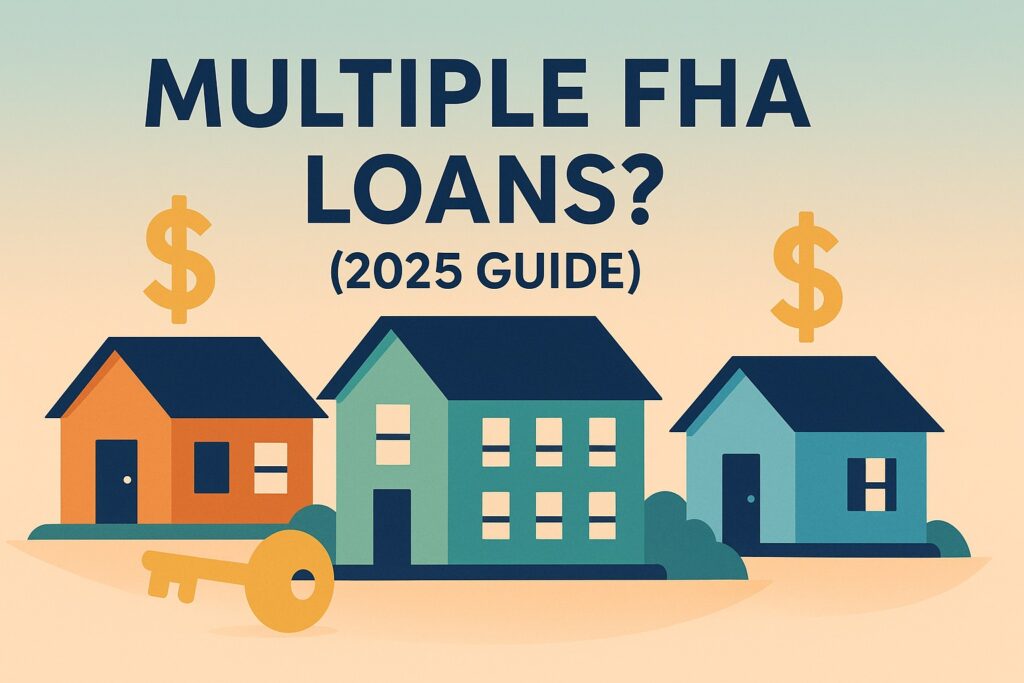
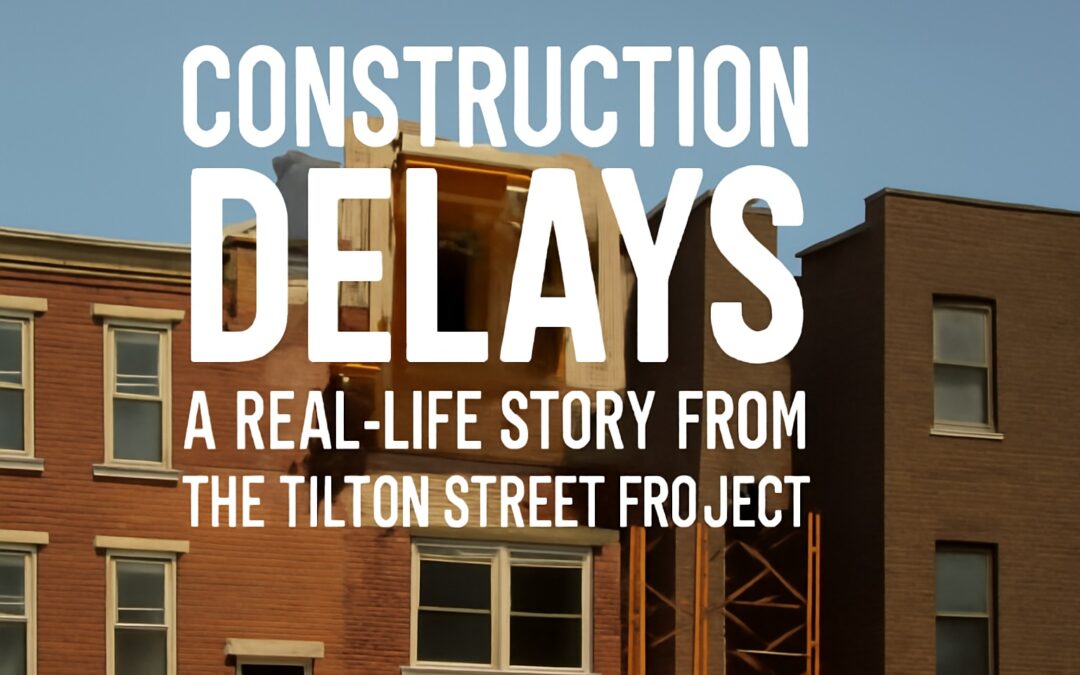
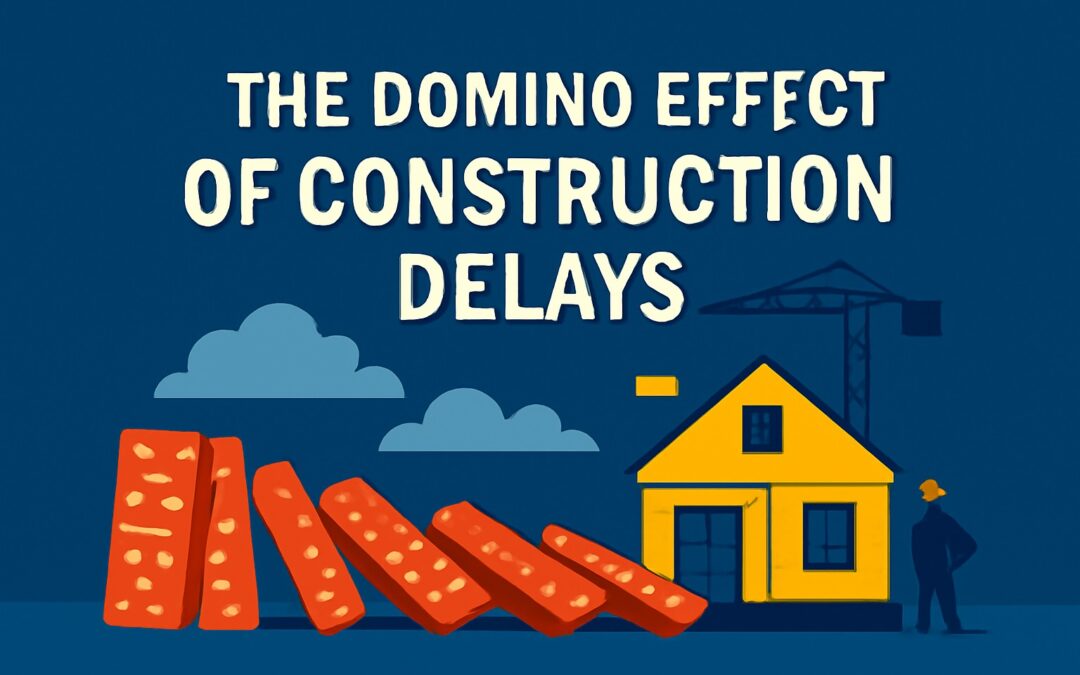
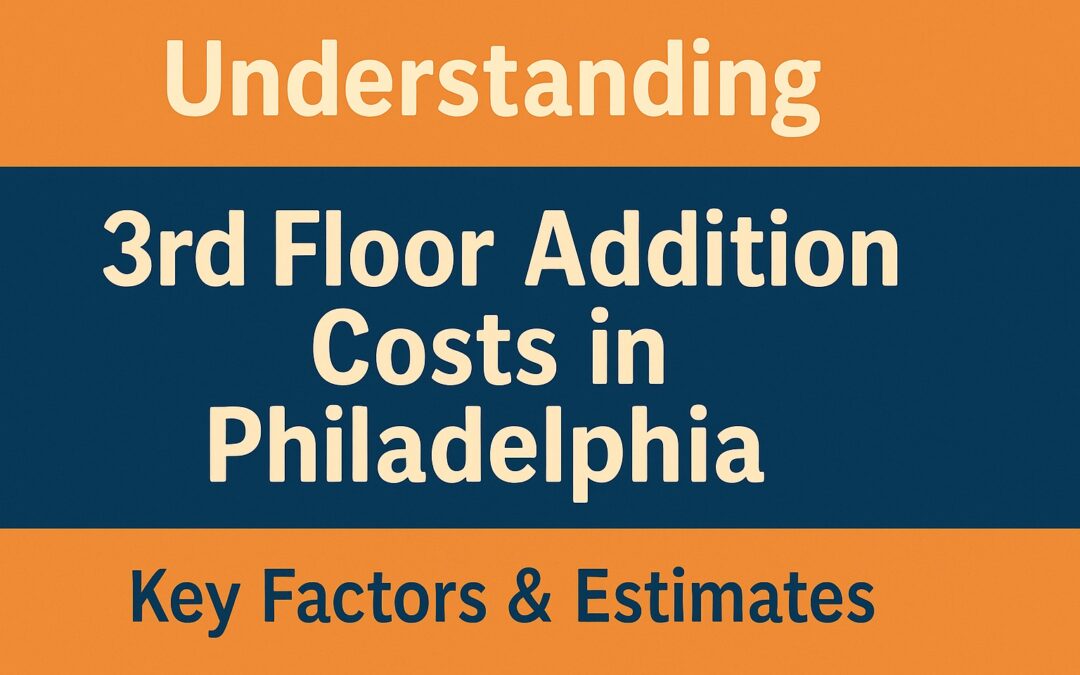
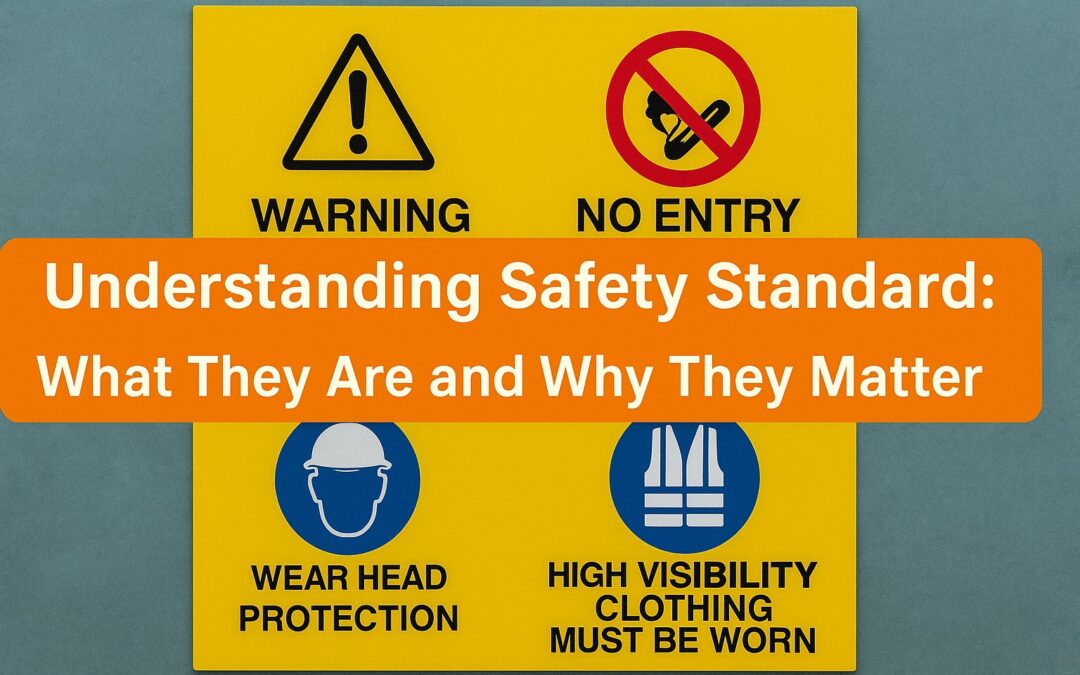
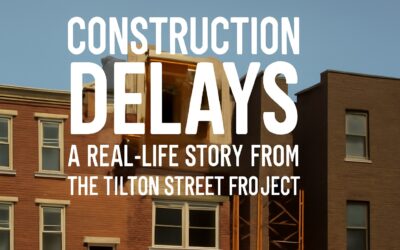
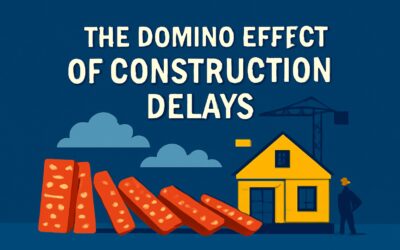
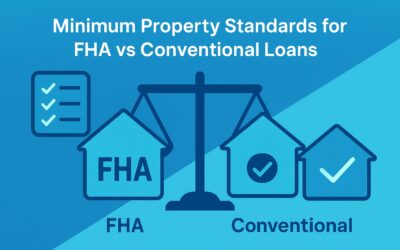
0 Comments